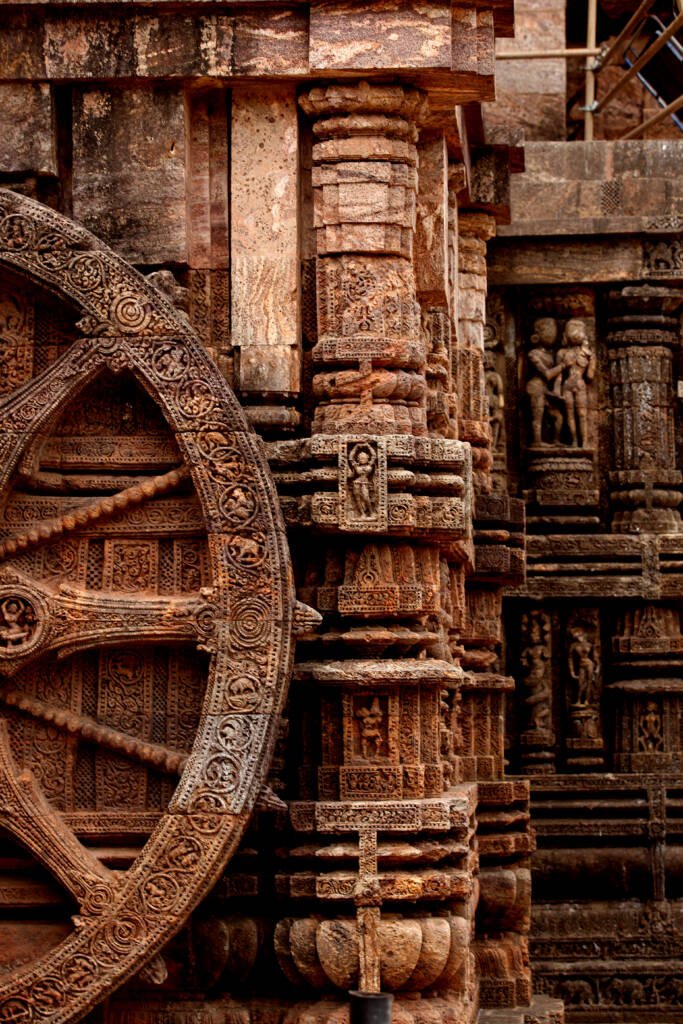Indian Knowledge Systems
Rediscovering the Soul of Learning
“To know oneself is the highest form of knowledge.” — Indian philosophical tradition
In the land where knowledge was once revered as sacred, learning was never a means to an end—it was an inner journey, a collective responsibility, and a lifelong pursuit of truth, harmony, and self-realization. This is the spirit that breathes through the Indian Knowledge Systems (IKS)—a civilizational treasure trove of wisdom, practice, and pedagogy that shaped India’s intellectual, spiritual, and cultural legacy for millennia. Today, in an age where education often feels mechanized, fragmented, and disconnected from meaning, IKS re-emerge as a timeless guide to restoring depth, purpose, and rootedness in our learning systems.
What Are Indian Knowledge Systems?
Indian Knowledge Systems represent the vast, interconnected frameworks of thought and practice developed over thousands of years across the Indian subcontinent. Unlike the compartmentalized view of modern education, IKS is deeply integrated, intuitive, and experiential—a symphony of science, art, philosophy, ecology, and ethics. IKS include a wide spectrum of disciplines:
Mathematics & Astronomy: Aryabhata, Bhaskara, and the Sulbasutras
Medicine & Wellness: Ayurveda, Siddha, Yoga, and holistic health systems
Philosophy & Logic: Sankhya, Nyaya, Vedanta, and Buddhist thought
Linguistics & Grammar: Panini’s Ashtadhyayi, Bhartrihari’s vakya theory
Arts, Aesthetics & Literature: Natyashastra, Rasa theory, oral traditions
Architecture & Design: Vastu Shastra, temple geometry, sacred proportions
Agriculture & Ecology: Vrikshayurveda, organic farming, water harvesting
Statecraft & Economics: Arthashastra, Dharma Shastra, community-centric models
What binds these disciplines is not just their technical sophistication—but their deep moral and ecological grounding, their alignment with the rhythms of nature, and their unwavering commitment to the elevation of human consciousness.
A Civilizational Legacy of Learning
Indian Knowledge Systems are not abstractions. They are lived wisdom—tested over generations and rooted in observation, reflection, and anubhava (direct experience).
The concept of zero revolutionized mathematics and computation globally.
The surgical techniques of Sushruta predate modern medical advances by centuries.
The astronomical precision of Indian calendars continues to astonish scientists.
The architecture of temples and stepwells reflects cosmic geometry and ecological intelligence.
The oral traditions and storytelling practices preserved collective memory and moral instruction in ways deeply resonant even today.
India’s ancient universities—Takshashila, Nalanda, Vallabhi, Vikramashila—were not just centers of academic excellence; they were crucibles of multidisciplinary thought, intercultural dialogue, and ethical inquiry. They attracted scholars from across the known world, and produced graduates who served society—not just themselves


Why IKS Matter Now: A Call to Reimagine Education
The 21st-century learner stands at a paradox: hyperconnected, yet deeply isolated; digitally fluent, yet emotionally adrift; academically trained, yet unsure of purpose. This is not just a curriculum crisis—it is a crisis of meaning.
Indian Knowledge Systems offer an antidote—an invitation to reclaim learning as a sacred, soulful process. They offer:
Holism over fragmentation
Wisdom over mere knowledge
Self-awareness over competition
Harmony with nature over exploitation of resources
Purpose-driven education over performative success
These are not just ideals—they are imperatives in a world reeling from burnout, environmental collapse, cultural erasure, and moral confusion.
IKS empowers students not just to learn, but to belong—to themselves, to their communities, to the planet, and to a shared human legacy.
IKS and NEP 2020: A Return to Our Roots, A Leap Toward the Future
The National Education Policy 2020 heralds a renaissance in Indian education. By positioning Indian Knowledge Systems as integral to the curriculum, NEP reaffirms what our ancestors knew—that education must be contextual, experiential, value-driven, and joyful. NEP calls for:
A multidisciplinary approach rooted in real-life application
Experiential pedagogies that align with how children actually learn
Reviving classical languages, arts, and sciences
Integrating local wisdom and indigenous practices into mainstream learning
Encouraging critical thinking, creativity, and compassion—not just content mastery
In many ways, NEP echoes the ancient Indian ideals of education as transformation—not transaction.
Curriculture: Bridging Timeless Wisdom and Contemporary Classrooms
At Curriculture, we see Indian Knowledge Systems not as antiquated knowledge to be admired, but as living systems to be revived, reimagined, and re-integrated into everyday learning. We are committed to:
Designing experiential curricula grounded in Indian epistemologies
Training teachers to become custodians of cultural wisdom and pedagogical excellence
Creating learning experiences that foster identity, inquiry, and inner growth
Partnering with schools to implement IKS-inspired practices that meet global standards while staying rooted in Indian ethos
Our work is driven by one belief: When a child learns through the lens of their own culture and wisdom tradition, they don’t just grow smarter—they grow whole.
The Time Is Now: Rekindle, Reclaim, Reimagine
We are not here to replicate the past.
We are here to awaken what lies dormant yet alive—in our texts, our traditions, and our teachers.
Indian Knowledge Systems are not relics of a bygone era.
They are reservoirs of resilience, maps to wholeness, and pathways to a more conscious future.
Let us not allow this civilizational genius to remain buried in footnotes.
Let us bring it back to the heart of our classrooms, our communities, and our children’s imagination.
Let India not just be the land where knowledge once flourished.
Let it be the land from where knowledge leads again.

